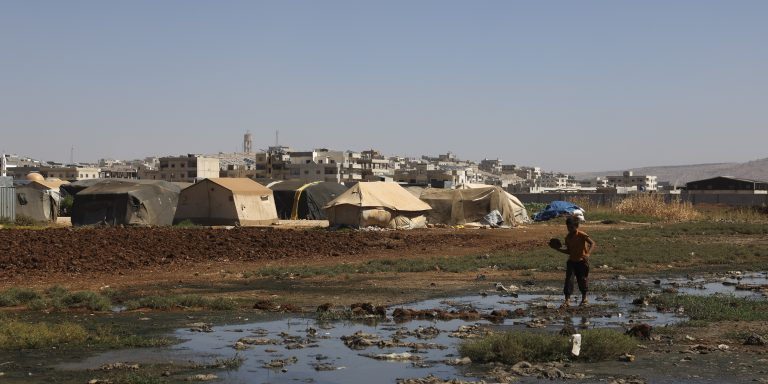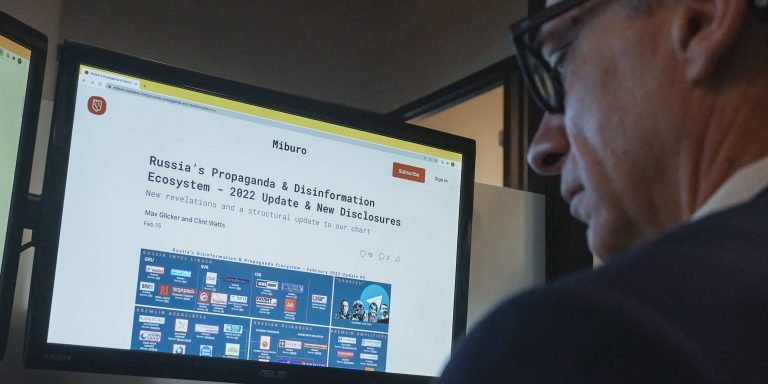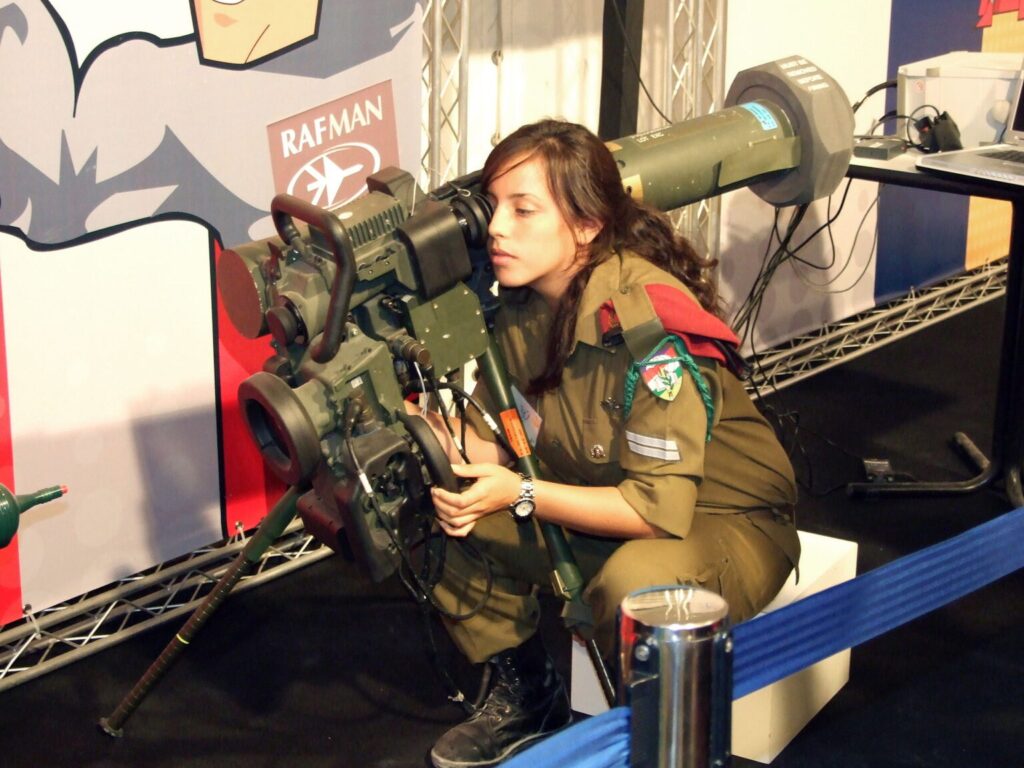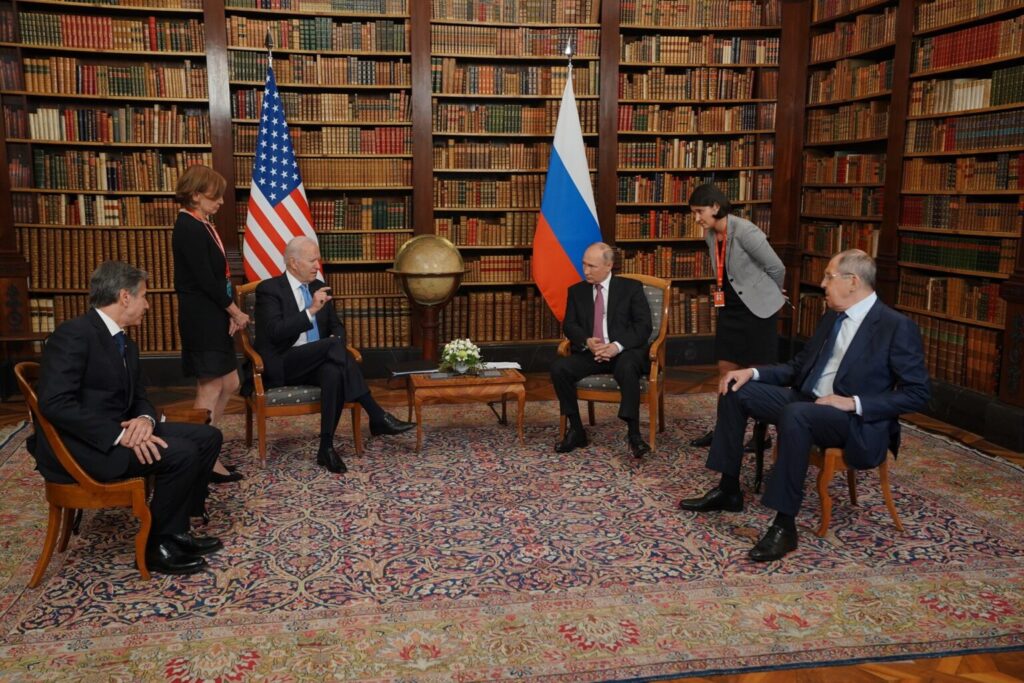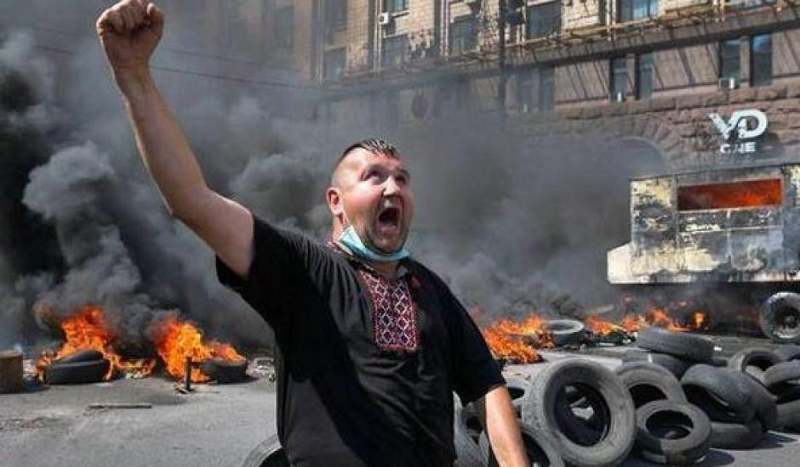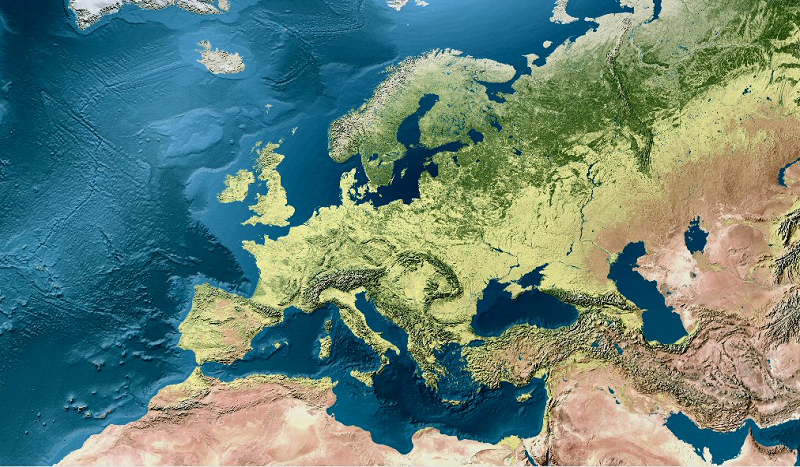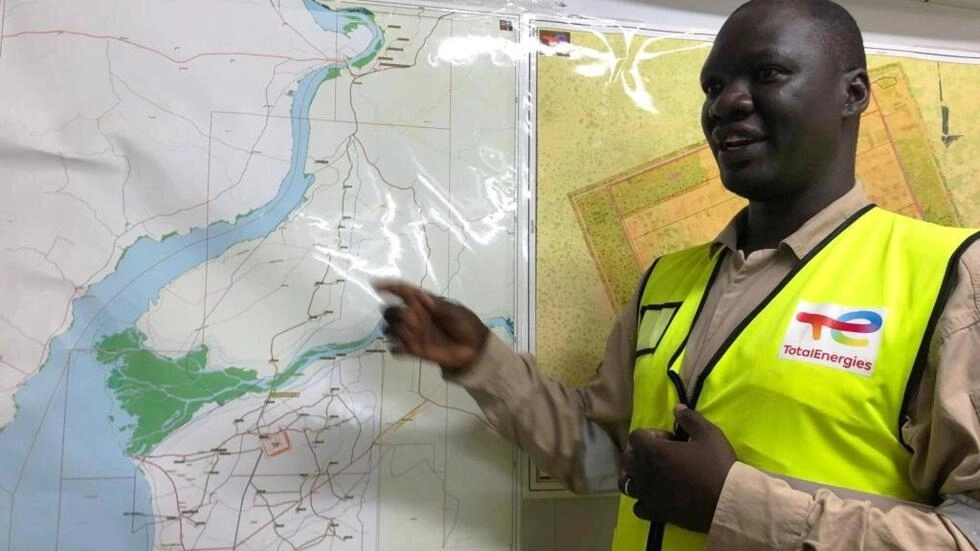Эксперты: «Группу Вагнера» нужно признать международными террористами

Джейсон Блазакис и Тур Буккволл – о наемниках Евгения Пригожина как передовом отряде Кремля в его агрессии против Украины
29 декабря Центр по исследованию коррупции и организованной преступности (Organized Crime and Corruption Reporting Project, OCCRP) объявил «персоной года» (то есть, антигероем по версии этой организации) Евгения Пригожина – человека, прозванного «поваром Кремля» и стоящего за множеством темных дел в интересах своего главного клиента, президента России Владимира Путина.

